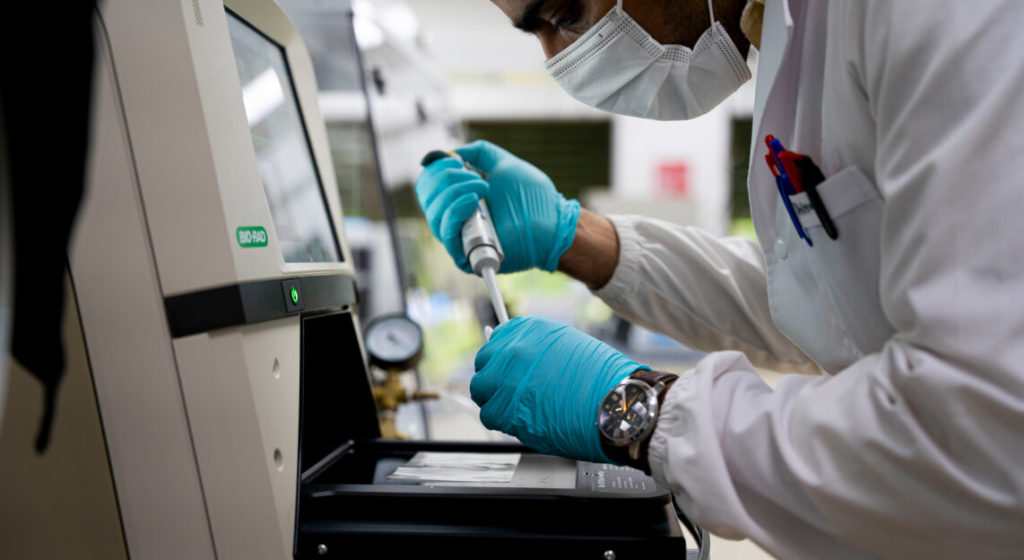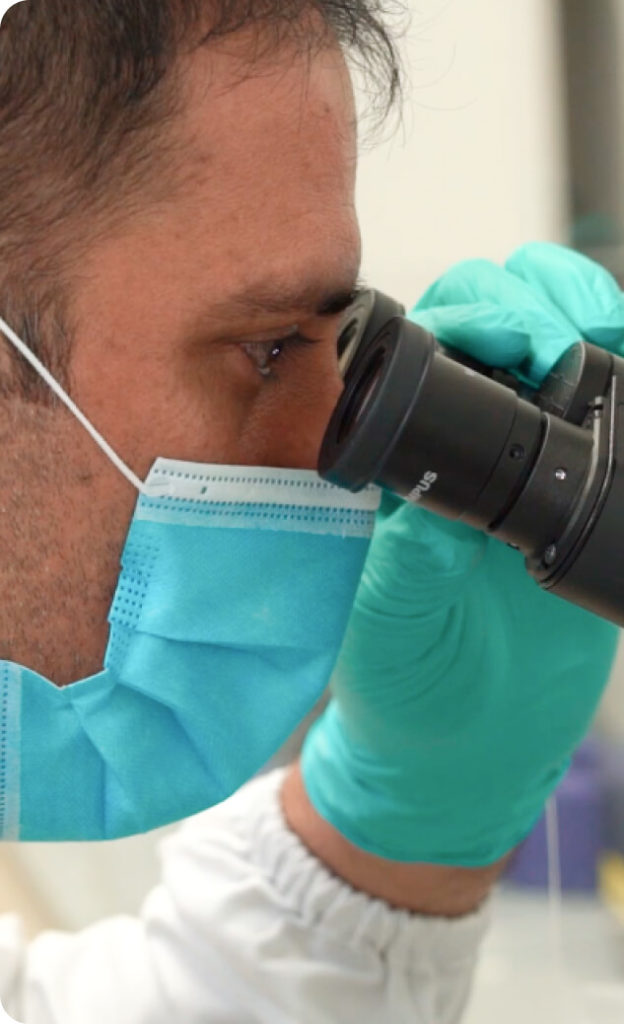Milking Tech for Tomorrow
Cell-based milk for future generations
Milk made with cell-based methods is fast becoming a reality, thanks to Singapore biotech start-up TurtleTree.
Its journey began rather serendipitously – first with the company’s CEO Lin Fengru’s hobby of making cheese, then followed by her chance meeting with TurtleTree’s Chief Strategist, Max Rye.
For Fengru, a passion to make good cheese meant finding herself on a determined hunt for good quality milk. She revealed, “I travelled all around Asia, but instead of finding what I was seeking, I soon realised that there were problems with cattle farming in the region – poor animal hygiene, as well as cows pumped with hormones, resulting in poor milk quality.”
As fate would have it, she would then connect with Max at an event where he was giving a talk about cell-based technologies. Together, they set their goal on creating milk in the laboratory and pulled in scientists to dive into the science, leading to the founding of TurtleTree in 2019.
The game-changing innovation won the company a grant of S$1 million in funding from Temasek Foundation after winning The Liveability Challenge in 2020.
She added, “Our current food systems and traditional methods of dairy products are unsustainable. We believe that it is crucial to use alternative methods to produce milk that can nourish our planet and people”.
As the demand for dairy and dairy products increases with the rising global population coupled with food security concerns, novel strategies for milk production are more important than ever. The gravity of safeguarding food security is further amplified during times of crisis (such as the COVID-19 pandemic) when supply-chains are disrupted.
TurtleTree’s cell-based milk can influence dairy production and play a key role in global food security. The milk produced by their proprietary cell-based methods are less polluting, with 98% reduction in carbon footprint compared to dairy milk, and does not compromise on nutritional content, taste and quality.
Not only is their cell-based milk greener, it also has the potential to produce different types of milk ingredients from different mammals. This means the technology allows us to access the high value bioactive ingredients in milk that are inaccessible otherwise.
While the company started off by creating cow’s milk that is sustainable and nutritious, they have also been trying to replicate human milk that can provide infants with more nutrients than formula milk. Their next goal is to produce bioactive ingredients and this includes the human lactoferrin, which is a vital ingredient in infant nutrition, sports performance, and health food products.

Even though the team is optimistic about the potential applications of their technology, they are well aware that they have to face hurdles such as consumer acceptance and regulatory issues. Cell-based food is after all, still a novel concept in Asia, and globally. It will take time and effort to introduce the concept of alternative food sources to consumers and build their trust, and this has posed as one of the biggest challenges for TurtleTree today.
“To overcome these challenges, we intend to educate the consumers by showing how our technology can fundamentally change the way we provide nutrition.”
On what the future holds for the ambitious start-up, Fengru says it best: “My goal for the company is to be seen as the gold standard for sustainable food technology when it comes to milk nutrition, and our dream is to have the TurtleTree logo on most dairy-based products, as a renowned label for nourishing ingredients and sustainable innovation. We aim to become a biotech platform to transform performance nutrition, food systems, and cellular agriculture.”
Given the start-up’s ambition, and vision to provide food products without damaging the planet, one can surely expect to see their innovation scaling up successfully beyond milk into other dairy products, transforming the way food is produced and consumed.
The Liveability Challenge Programme
Started in 2018 and presented by Temasek Foundation, The Liveability Challenge is an international platform that accelerates the launch of sustainable game-changing innovations through funding and other opportunities for development.
Past winners include RWDC Industries for its biodegradable straws, and Sophie’s Bionutrients for producing protein from microalgae using food manufacturing by-product, in 2018 and 2019 respectively.
